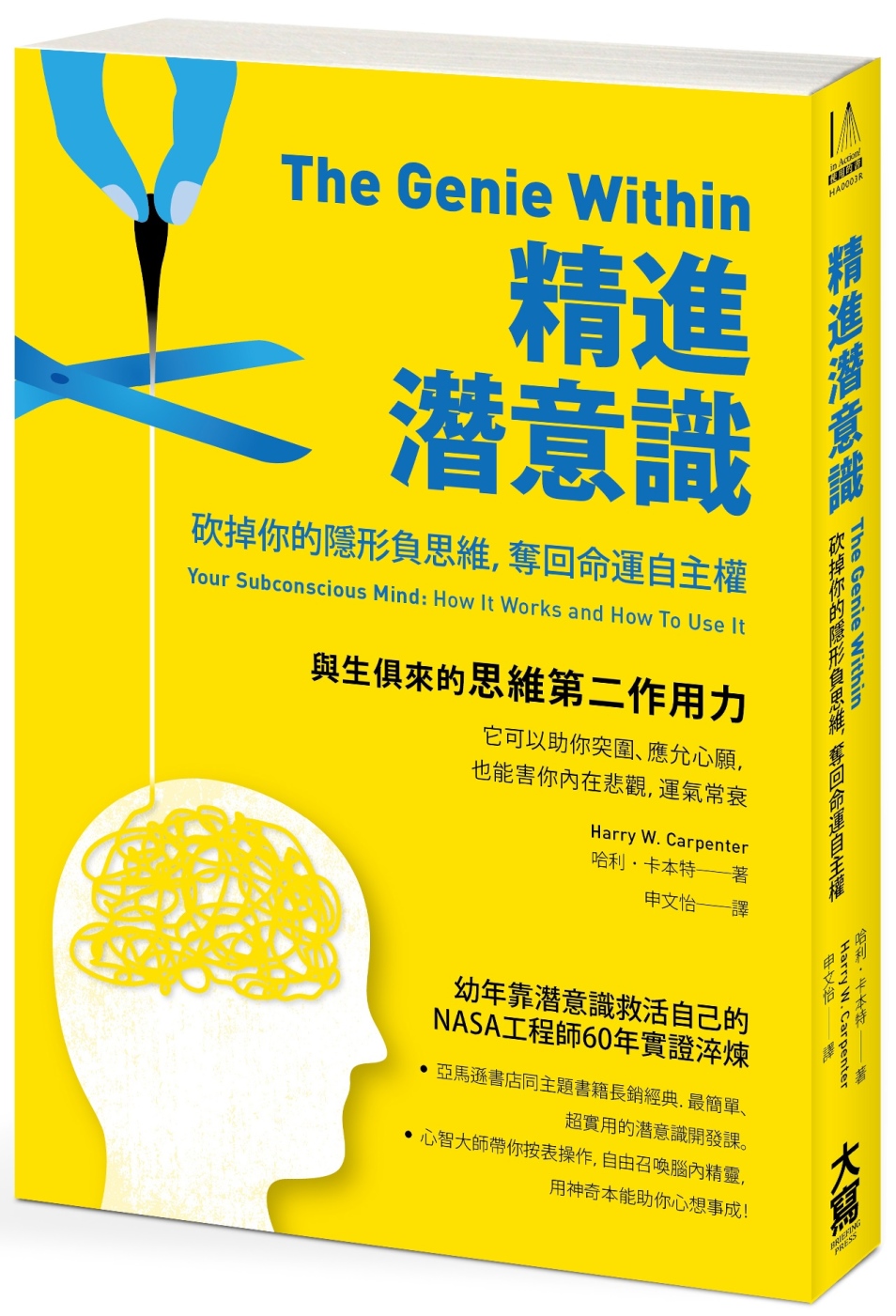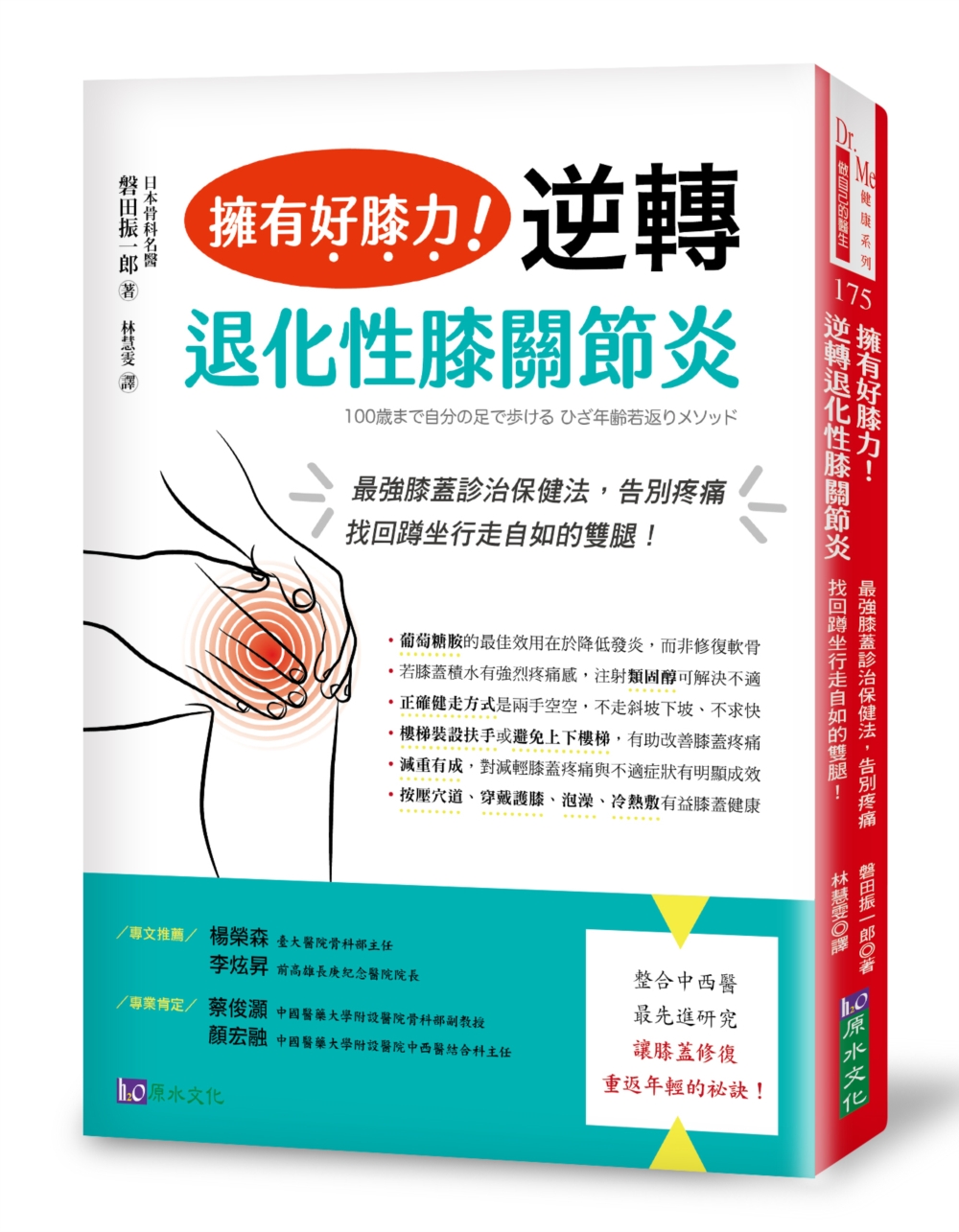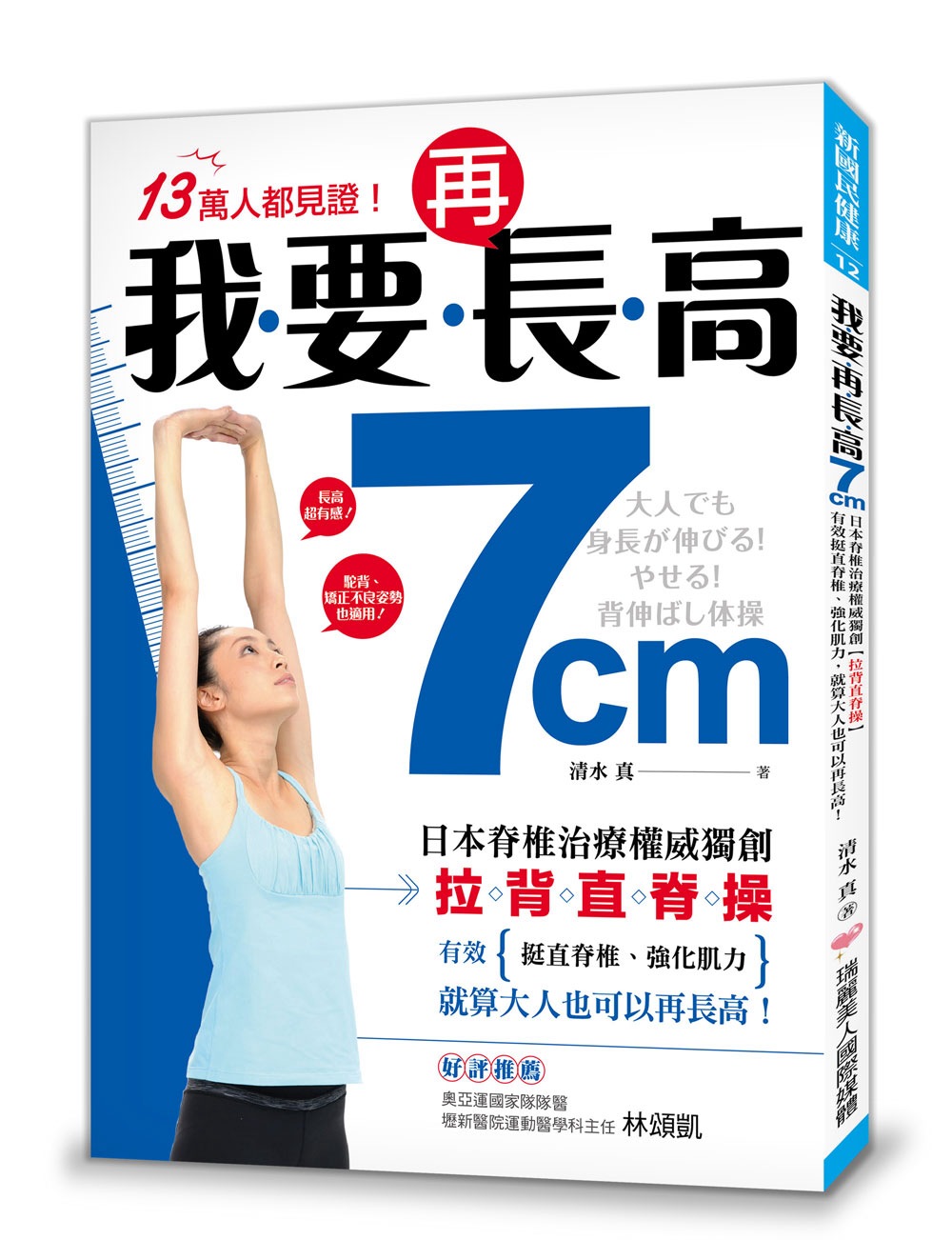漢語名詞詞組的內在結構 NO.4 | 美妙體態瑜珈在你家 - 2024年11月

漢語名詞詞組的內在結構 NO.4
This study investigates the internal structure of noun phrases In Chinese and argues that number, referentiality, and totality/partitivity are all syntactically represented. Viewing number in a new light, it claims that number in a classifier language is syntactically encoded via the use of a $P, i.e., NumP, the head of which is occupied by a classifier/massifier (cf. Boer 2005).
Plurality Is realized differently in a #P via the use of numerals, the plural classifier xie, quantifiers, or the reduplication of classifiers/massiflers. The plural marker-men is a derivational suffix marking either collective plurality or semantic plurality, resolving the problem that syntactic plurality may co-occur with semantic plurality when syntactic plurality marks an indeterminate quantity.
作者簡介
謝妙玲
學歷:
南加州大學美國語言學博士
經歷:
現任國立臺灣師範大學英語學系副教授
108 閩南語句末語氣詞 le/leh 的研究 謝妙玲 計畫主持 2019年08月 ~2020年07月
108 學習伙伴機器人:以認知混淆理論開發幼兒以英文學習科學概念 謝妙玲 共同主持人 2019年08月 ~2021年07月
107 閩南語句末語助詞 e 的研究 謝妙玲 計畫主持人 2018年08月 ~2019年07月
106 從台灣閩南語的「一下」到其他動量詞的研究 謝妙玲 計畫主持人 2017年08月 ~2018年07月
Chapter 1 Introduction
Chapter 2 Number Phrases
Chapter 3 The DP Layer
Chapter 4 The Plural Marker-Men
Chapter 5 Higher Up
Chapter 6 Concluding Remarks
 魔法瑜伽:日本No.1瑜伽YouT...
魔法瑜伽:日本No.1瑜伽YouT... 【量子觸癒能量療法】(三冊):《量...
【量子觸癒能量療法】(三冊):《量... 精進潛意識:砍掉你的隱形負思維,奪...
精進潛意識:砍掉你的隱形負思維,奪... 筋膜線身體地圖:修復‧活化‧鍛鍊,...
筋膜線身體地圖:修復‧活化‧鍛鍊,... 擁有好膝力,逆轉退化性膝關節炎:最...
擁有好膝力,逆轉退化性膝關節炎:最... 【全圖解】醫學博士才知道的「痠痛拉...
【全圖解】醫學博士才知道的「痠痛拉... 深層核心肌群 科學鍛鍊運動:對症舒...
深層核心肌群 科學鍛鍊運動:對症舒... 體能激活耳穴按摩法:全息按壓,排除...
體能激活耳穴按摩法:全息按壓,排除... 修身顯瘦.釋放疼痛の不動零位訓練:...
修身顯瘦.釋放疼痛の不動零位訓練:... 我要再長高7cm!:日本脊椎治療權...
我要再長高7cm!:日本脊椎治療權...